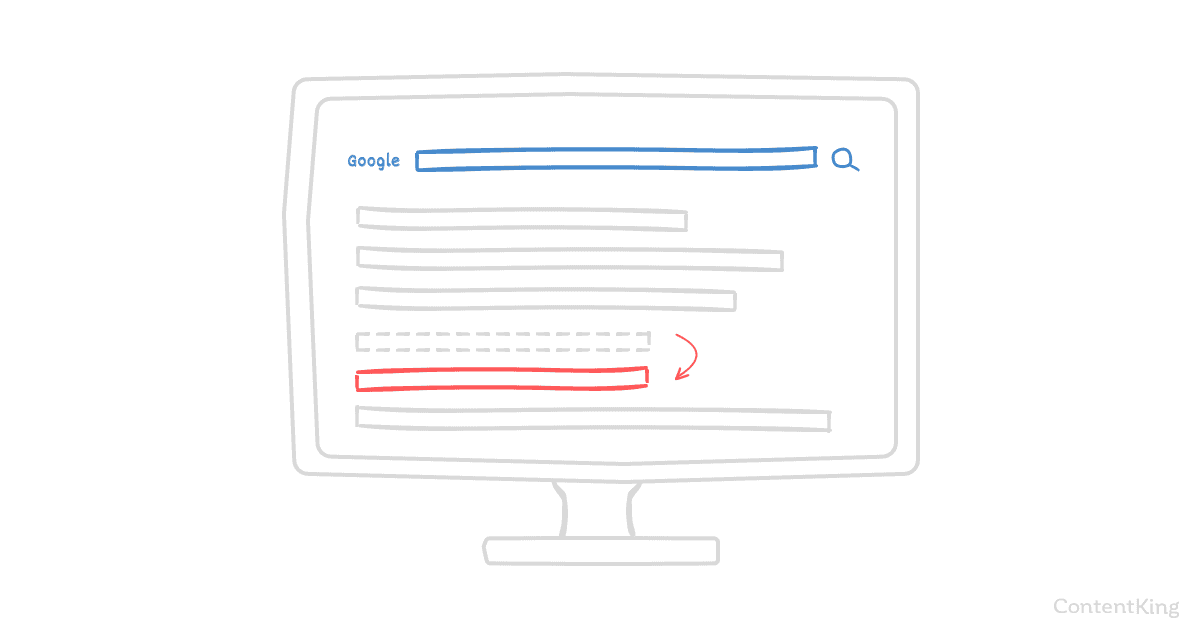Howdy, folks, and welcome (or welcome back) to the SpySerp blog! Today we going to talk about Google keyword ranking fluctuations and try to solve the issue throughout this article. So…
How often did you see a bunch of comments, questions and threads on thematic forums about Google dancing? A million times, did you? If you didn’t, then you can visit any SEO and/or marketers forums and check the millions questions like “Oh folks, my Google keyword ranking dropped af, what should I do?”, “My website’s positions are dropped down to the Google bottom, whether it’s critical for my website in a long-term perspective or not?” and so on.
We see SERP fluctuation as being quite high, quite common and consistently so. It is rarely actually the case that you see that number one, two or three positions that stay that way for extended periods of time, many weeks or months without moving at all. Some random days you will check it and you will see some of these changes. In some cases, changes may be significant.
So let’s figure out what should you do with the Google keyword ranking dance and how you should react to such fluctuations.
Reasons Why Your Ranking Suddenly Dropped

There are some common reasons why your ranking may be dropped in Google search:
- Google algorithm update. Yes, this is the well-known and one of the most frequent causes why the website’s positions dropped. Firstly, it may be a new algorithm (or a major update of an older algorithm) released by Google. Secondly, it may be one of the continuous refreshes of the known algos. How can you ensure that your Google keyword ranking dropped because of algos? Well, you can use some useful tools like Algoroo or MozCast. By using them, you can check the Google algorithm fluctuations and get a free report on possible updates.
- Search engine penalties (both manual and automatic). There are bazillion causes for SE penalties (both on-page and off-page). For example, you may be penalized because of user-generated spam, thin and low-quality content, irrelevant content, sneaky redirects, unnatural and spammy link mass (including inner and outer backlinks) or using any other black-hat SEO methods.
- Competitors. Yep, that guys can hurt you in organic search and they can drop your Google keyword ranking down. If you get outranked by a competitor, you'll see a slight drop in ranking. To make sure this isn't a "Google dance" or some random shakeup, use SpySerp SERP History in your personal account. If the top 10 results are all shaken up, we're probably talking about a "dance", an algo update, or RankBrain.
- You lost a lot of links. If lost links do result in a ranking drop, the drop is usually moderate. Typically, it'll also happen across most of your keywords as opposed to just one or two specific terms. If you're looking to reclaim the links you lost (for example, if you lost the high-quality links and not only toxic), you should contact with the webmaster and ask for the backlinks again. Of course, all depends on the nature of the backlink. Do you have a relationship with the site owner? If you do, make a quick call or message to get the link back. If you don’t know the site owner or webmaster, then try to find him/her email, Twitter, or LinkedIn.
- Any changes at the website (redesign, redirects, HTTP/HTTPS migrations and so on). If you recently went through a site redesign or migration, the first thing to check is whether there are any crawl problems. To do this, go to Google Search Console, and jump to Crawl > Crawl Errors. Switch between the tabs and look at the graphs to see any issues that occurred since you implemented the changes on your site. Particularly, pay attention to the Not found tab. If there are spikes on any of the error graphs, these definitely need your attention.
So what about Google dance? Yes, all the aforementioned issues don’t fall into the Google dance term (well, except for small part of the #1 point). Well, let’s figure out when the fluctuations is not more than Google dance.
It’s the period when Google is rebuilding its rankings, and results fluctuate widely for a 3 to 5 day period, and in some cases for 5 to 7 days. On this days website pages and keyword rankings may be temporarily dropped. Indeed, webmasters panicked. Then they are re-added, and they are better placed than before, and things calmed down.
How To React on Ranking Fluctuations
It depends on the reasons that have caused the current situation (for example, when keyword positions dropped down). But first of all, don’t panic and freak out. Try to find out the reasons for such situation. For example, it may be just a Google dance and after a few days your keyword position would be on the same place as earlier.
So another finding from that is using weeks as your time period, not days, and measure at least four to six weeks of rankings before you start to freak out.
Another one recommendation: check your competitors using the SpySerp Google keyword position checker. If your competitors has a position drop too, then you have no point to panic about it. Also, it helps you to check the competitors activity - if your competitors runs fast, it may be one of the reason for your current issue.
Remember the key point: don't panic. You're going to be okay. Google fluctuates all the time. If you doing your SEO under the strict and fine conditions, there are no any reasons to worry about penalties.





